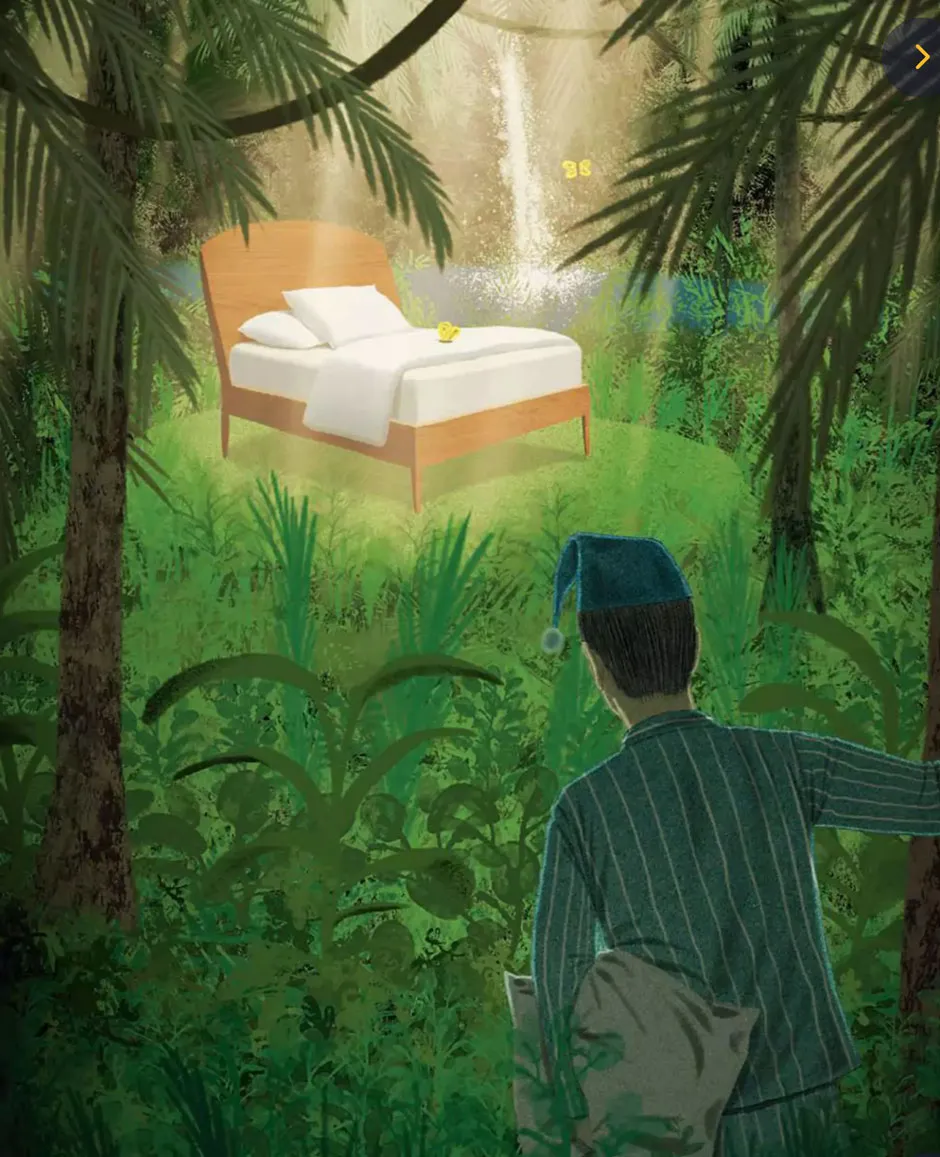Do you suffer from orthosomnia, an unhealthy obsession with getting the right amount of ‘healthy’ sleep each night?
During lockdown, there is evidence of rising rates of insomnia, particularly in health care workers, but orthosomnia is different. It applies to people who are more than a little bit obsessed by what their sleep trackers are telling them, and who rely on those trackers to tell them if they’ve had a ‘good’ night’s sleep.
The term ‘orthosomnia’ was first coined by sleep researchers from the Feinberg School of Medicine, Northwestern University, Chicago, who in 2017 wrote a paper called ‘Orthosomnia: are some patients taking the quantified self too far?’, which was published in the Journal Of Clinical Sleep Medicine.
As they explain in their paper’s introduction, with more and more people buying sleep trackers, they had started seeing patients whose quest for a better sleep had led to sleep problems.
They created the name ‘orthosomnia’, from ‘ortho’ meaning correct, and ‘somnia’ meaning sleep. They also chose this word “because the perfectionist quest to achieve perfect sleep is similar to the unhealthy preoccupation with healthy eating, termed orthorexia”.

One of the case studies they describe in the paper, Ms B, was a 27-year-old woman who had difficulty sleeping because of restless legs syndrome.
She was treated and seemed to improve. But a couple of months later she was back, still complaining of poor sleep. So they kept her in the lab.
But despite being told that the equipment had shown that she slept deeply, her response was, “Then why does my fitness tracker say I am sleeping poorly?”
Although she was offered a course of CBT-I (cognitive behavioural therapy for insomnia), she couldn’t afford it and didn’t return.
Read more from Michael Mosley:
- Why the coronavirus vaccine will save your 2021
- Dr Michael Mosley on how to manage seasonal affective disorder
- Dr Michael Mosley on how to get even more from your daily walks
Does orthosomnia matter? The problem is that some people who are obsessed by their sleep trackers then spend extra time in bed, desperately trying to hit their sleep targets. A bit like trying to do 10,000 steps a day.
But if you try to do this with sleep, it can be counterproductive. In fact, as I’ve discovered while researching my books, one of the best ways to combat insomnia is to restrict the amount of time you spend in bed.
I confess that I have a sleep tracker, but I don’t obsess over it. The best way of telling if you had a good night’s sleep is not the device on your wrist but whether you feel tired or not.
- This article first appeared inissue 360ofBBC Science Focus–find out how to subscribe here